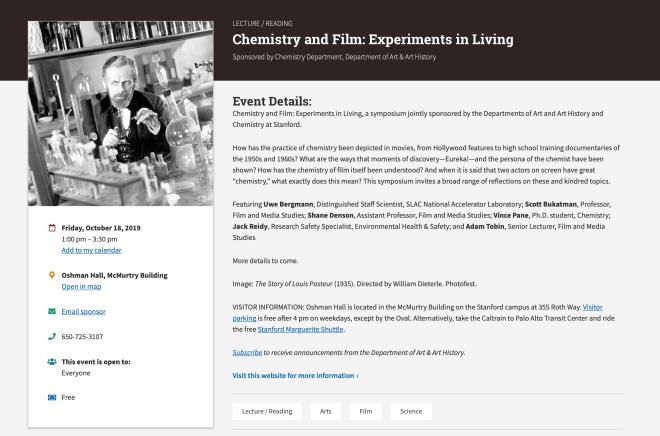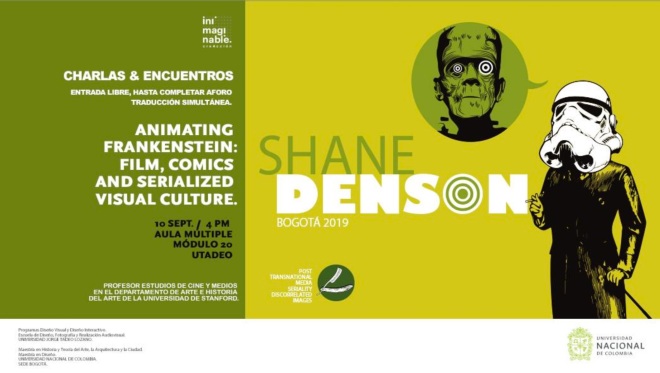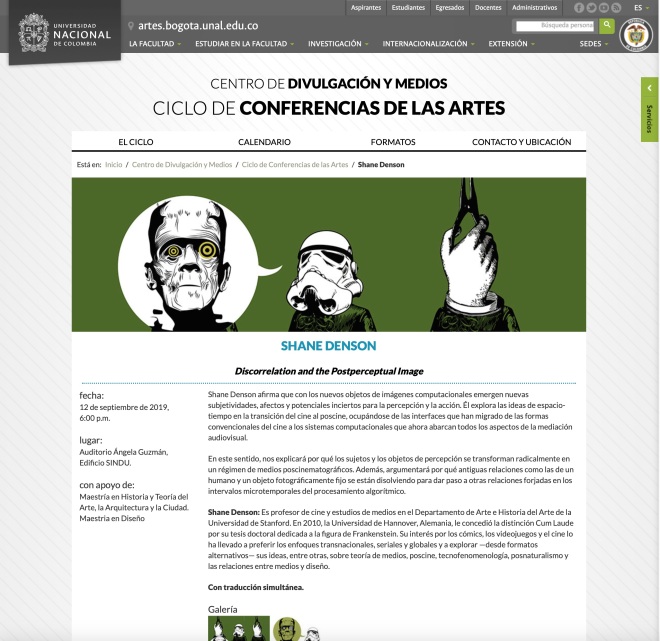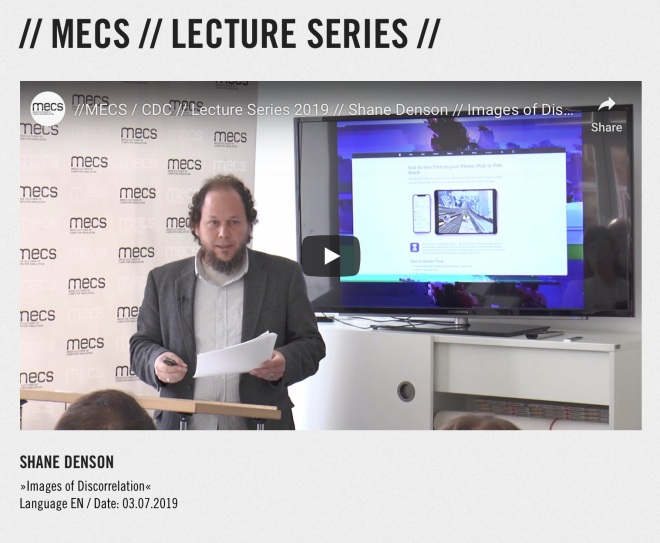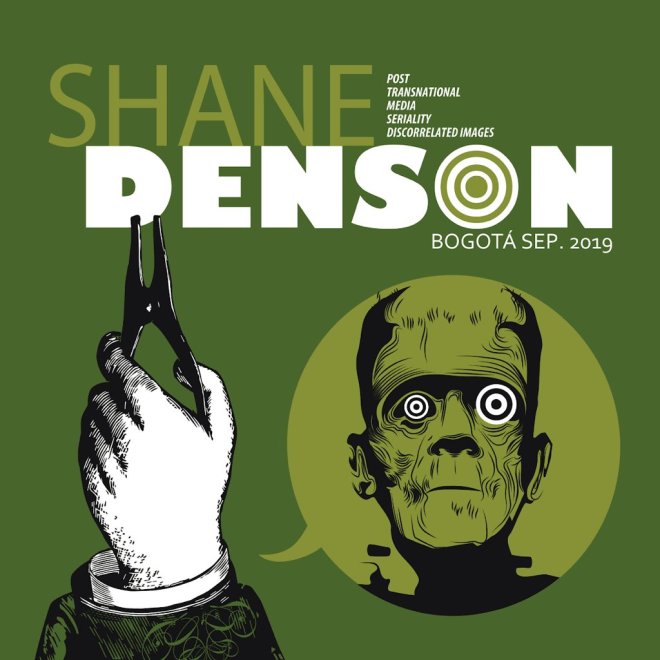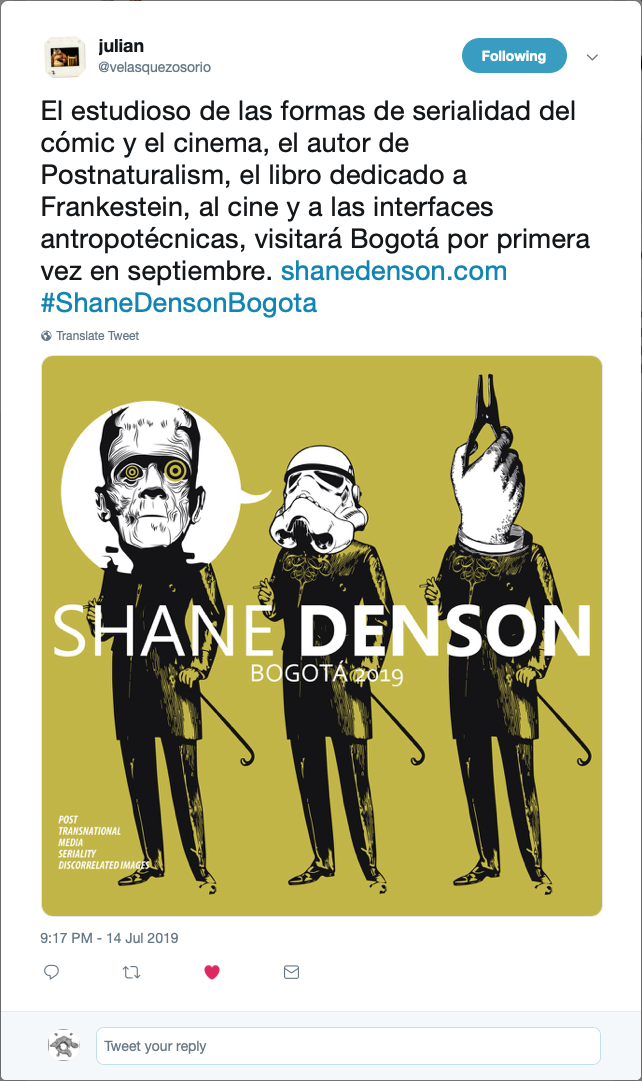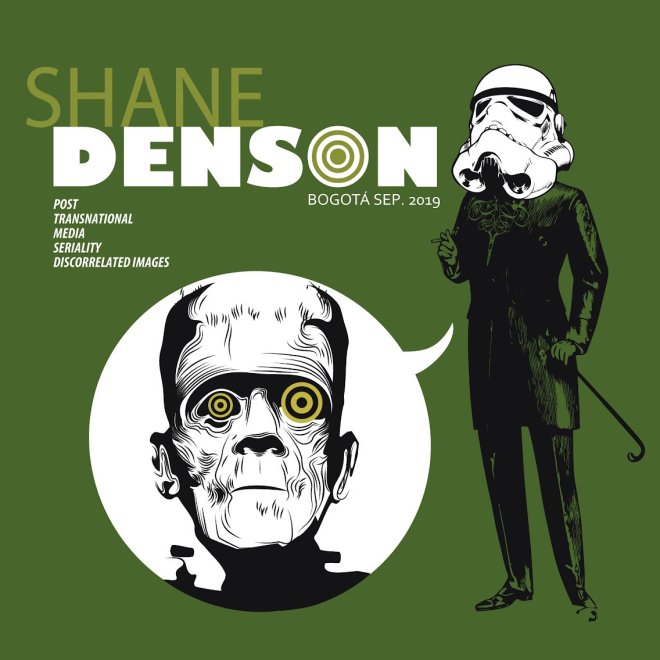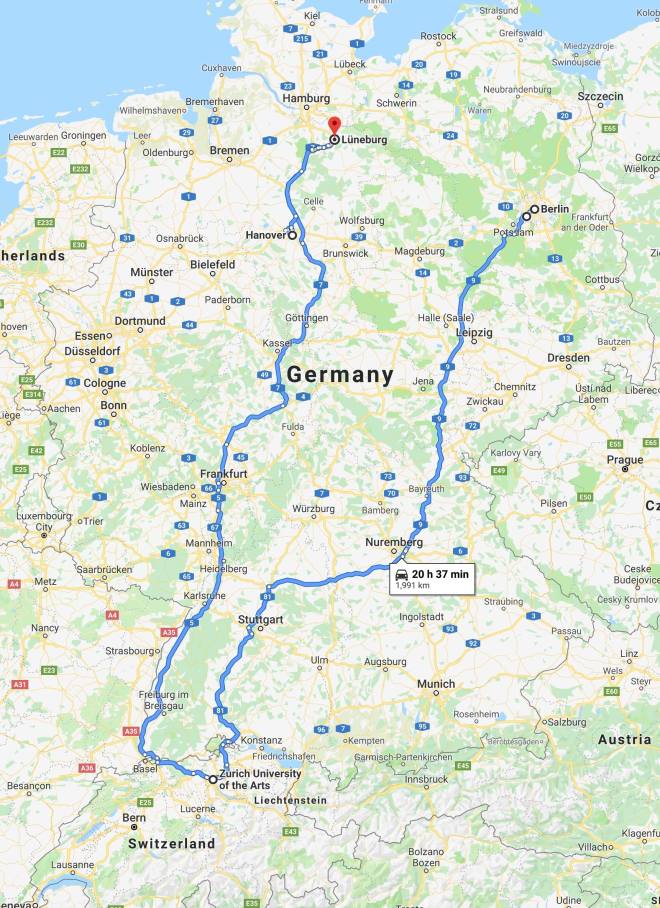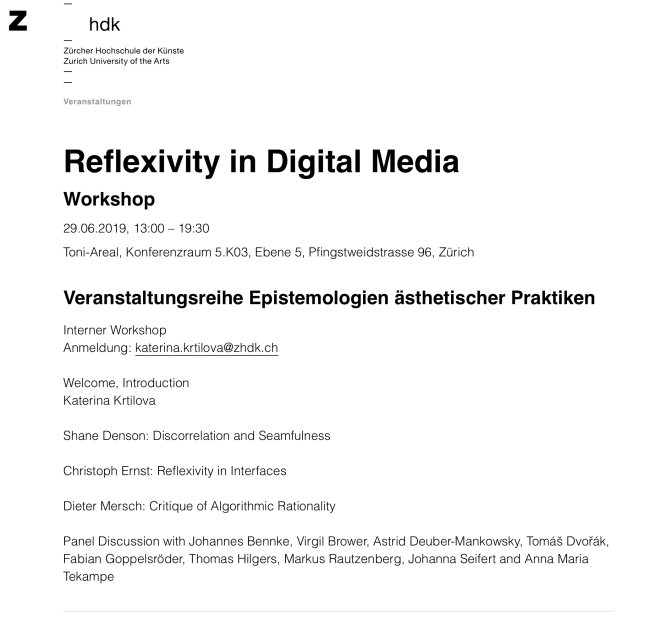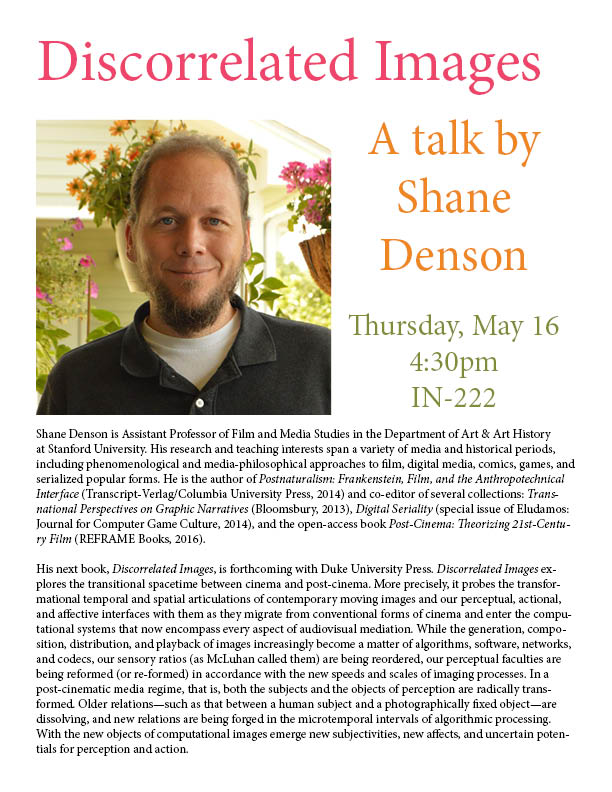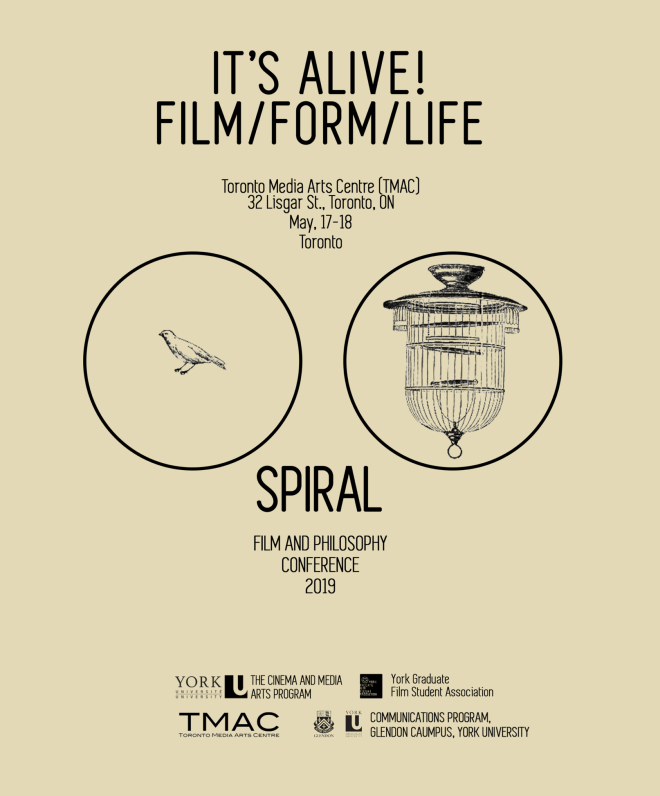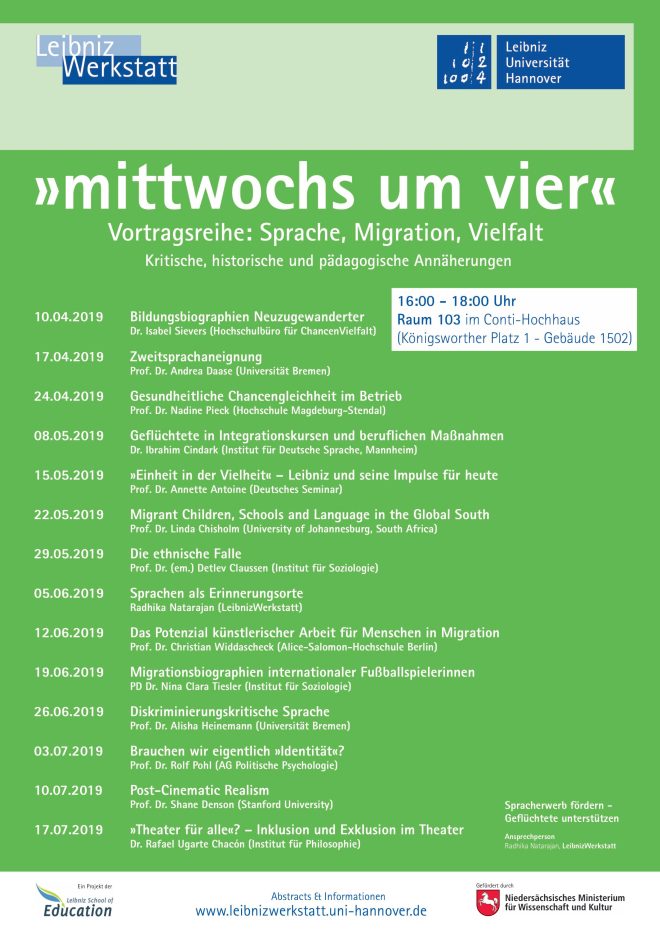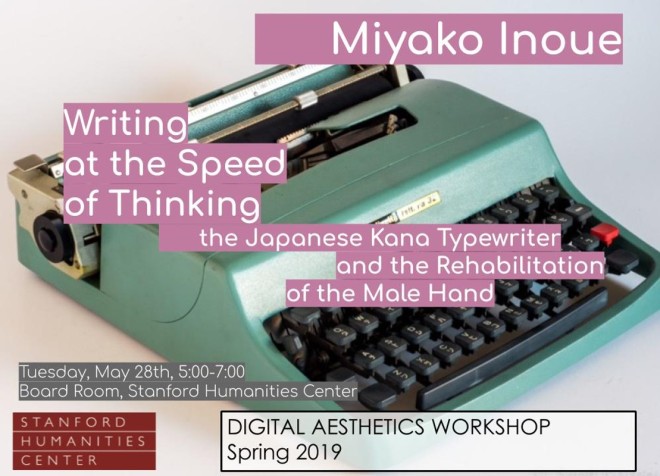
For our final event of this year’s Digital Aesthetics Workshop (which, we can now confirm, will return next year!), Stanford’s own Miyako Inoue will be presenting her current research on the Japanese typewriter. Her session promises to consider the effects of media on thought, to push technology studies towards the history of empire, and to argue with Friedrich Kittler. Needless to say, we are thrilled to have her!
The event takes place on Tuesday, May 29, from 5-7 in the Board Room of the Stanford Humanities Center.
There is no pre-circulated reading. However, attendees are encouraged to familiarize themselves with Kittler’s “Typewriter” chapter in Gramophone, Film, Typewriter.
RSVP to deacho@stanford.edu
Snacks and wine will be served
Dr. Miyako Inoue
Writing at the Speed of Thinking: The Japanese Kana Typewriter and the Rehabilitation of the Male Hand
Tuesday, May 29, 5:00-7:00
The invention of the Japanese syllabic (kana) typewriter in the beginning of the 20th century was a modular articulation between the Japanese syllabary and the engineered metal body of the English typewriter. With keys and type bars for Japanese syllabaries neatly conjoined with it, the kana typewriter promised Japan’s industrial efficiency and productivity of repetitive inscription labor. While the kana-typewriter was originally used in business and government offices to streamline the production of invoices, order forms, utility bills, and so on, the postwar portable models attracted allies for personal use among male intellectuals, industrialists, scientists, and colonial officers, for whom the kana typewriter meant “the liberation from Chinese characters,” or Japan’s break from “Asia” (and its return as a colonizer), and a renewed connection with Western industrial modernity. Friedrich Kittler argues that the western typewriter led to the de-sexualization of writing, liberating (hand)writing from its organic and exclusive ties with the male hand and allowing women to enter the white-collar workplace as typists. In this presentation, I would like to discuss how the kana-typewriter led, in fact, to the re-sexualization of writing as a masculine enterprise, and to the reunion of the man’s hand with language, as its portability allowed elite Japanese (type)writers in international scientific communities, in colonial administrations and associated overseas business communities to synchronize writing and thinking and to re-enact the western subject-position of auto-affect in writing.
Miyako Inoue is Associate Professor of Anthropology at Stanford University, where she also has a courtesy appointment with the Department of Linguistics. She teaches linguistic anthropology and the anthropology of Japan. Her first book, Vicarious Language: the Political Economy of Gender and Speech in Japan (U. of California Press), examines a phenomenon commonly called “women’s language” in Japanese modern society, and offers a genealogy showing its critical linkage with Japan’s national and capitalist modernity. Professor Inoue is currently working on a book-length project on a social history of “verbatim” in Japanese. She traces the historical development of the Japanese shorthand technique used in the Diet for its proceedings since the late 19th century, and of the stenographic typewriter introduced to the Japanese court for the trial record after WWII. She is interested in learning what it means to be faithful to others by copying their speech, and how the politico-semiotic rationality of such stenographic modes of fidelity can be understood as a technology of a particular form of governance, namely, liberal governance.
